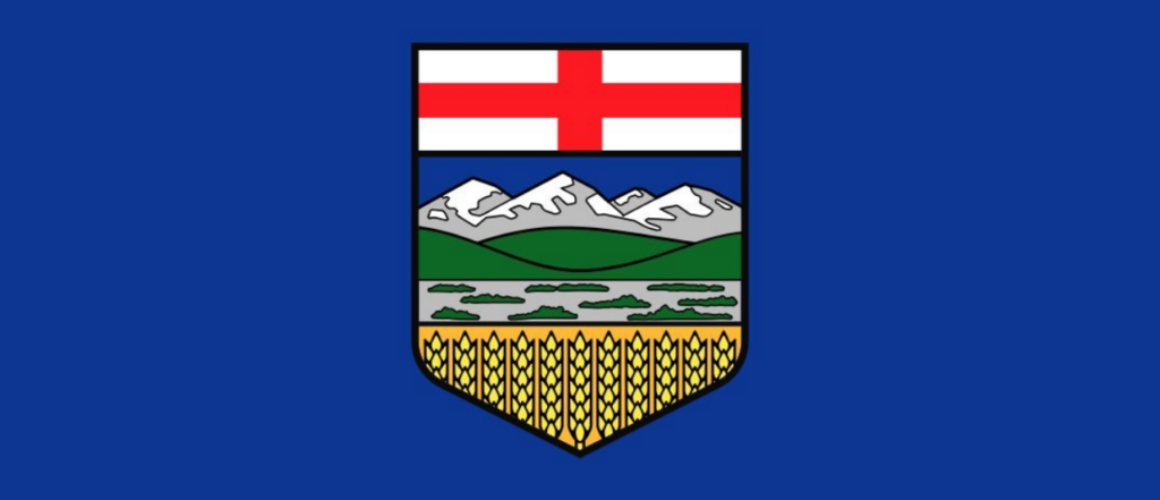Alberta’s Referendum Proposal: A New Chapter in Canadian Federalism?

Alberta Premier Danielle Smith has set political observers on edge with her recent proposal to introduce a provincial referendum on Alberta’s relationship with the federal government. Though she stops short of explicitly advocating for secession, Smith’s rhetoric and proposed legislation mirror the kind of sovereignist language that has historically emerged from Quebec—not Western Canada.
Background: The Spark Behind the Fire
Frustration in Alberta is not new. Many in the province have long argued that federal environmental regulations, equalization payments, and perceived political neglect disadvantage the oil-rich province. Danielle Smith, leveraging this sentiment, has introduced legislation that would ease the path for future referendums on autonomy—possibly even independence.
The Alberta Sovereignty Within a United Canada Act already gives the province authority to reject federal laws deemed contrary to Alberta’s interests. The proposed referendum plan would reduce the threshold for launching a provincial vote and signal to Ottawa that Alberta is prepared to escalate if its concerns continue to be dismissed.
What the Referendum Would Actually Mean
Critically, the referendum proposal does not automatically result in independence. Rather, it functions more as a political lever to force concessions from the federal government. Still, the implications are massive. Legal scholars have already begun to warn that such a move would be constitutionally murky and could lead to a drawn-out federal-provincial crisis.
“There’s no clear legal mechanism for a province to unilaterally break away from Canada,” says Professor Jacob Liscombe, a constitutional law expert at the University of Alberta. “But if public opinion builds behind the idea, it becomes a political reality that Ottawa cannot ignore.”
Polling and Public Sentiment
A March 2025 poll by Leger shows that 36% of Albertans support the idea of holding a referendum, though only 19% favor full secession. However, support for autonomy is higher among younger voters and in rural districts, suggesting this issue may become more central in the next provincial election.
While some residents believe the move is necessary to protect Alberta’s economic interests, others worry that the idea distracts from practical governance. Calgary Mayor Jyoti Gondek has warned that the rhetoric is “harmful to investor confidence” and could isolate Alberta from both national and international partnerships.
Historical Context: Echoes of Quebec?
The only close parallel to Alberta’s move comes from Quebec, which held referendums on sovereignty in 1980 and 1995. In both cases, the federal government responded with a mix of appeasement and assertive national messaging. The Supreme Court eventually ruled in 1998 that while a clear majority in favor of independence would have political weight, it would not grant legal authority to secede unilaterally.
The court emphasized that secession would require a constitutional amendment—a high bar that Alberta could not achieve alone. Yet, like Quebec, Alberta could force Ottawa into negotiations, depending on the result of such a referendum.
Ottawa’s Response and Political Stakes
The Carney government has responded cautiously, issuing statements affirming national unity while avoiding direct confrontation. Federal Liberals are clearly aware that a heavy-handed approach could backfire, fueling more resentment. Behind the scenes, however, federal negotiators are reportedly assessing economic incentives that could defuse the situation—ranging from infrastructure deals to revised equalization formulas.
The Conservatives, for their part, are walking a tightrope—attempting to harness the regional anger without appearing to endorse separation. Opposition Leader Pierre Poilievre has voiced support for “greater provincial control” while urging national solidarity.
Conclusion: Symbolism or Start of Something Bigger?
For now, the Alberta referendum proposal remains symbolic. But in politics, symbols matter. If the movement gathers momentum, it could alter the fabric of Canadian federalism, forcing Ottawa to reevaluate its relationship with not just Alberta—but all provinces.
As Danielle Smith frames it, this is not about leaving Canada, but about “strengthening Alberta’s position within it.” Whether that message resonates beyond the province—or fractures national unity further—will be tested in the months ahead.